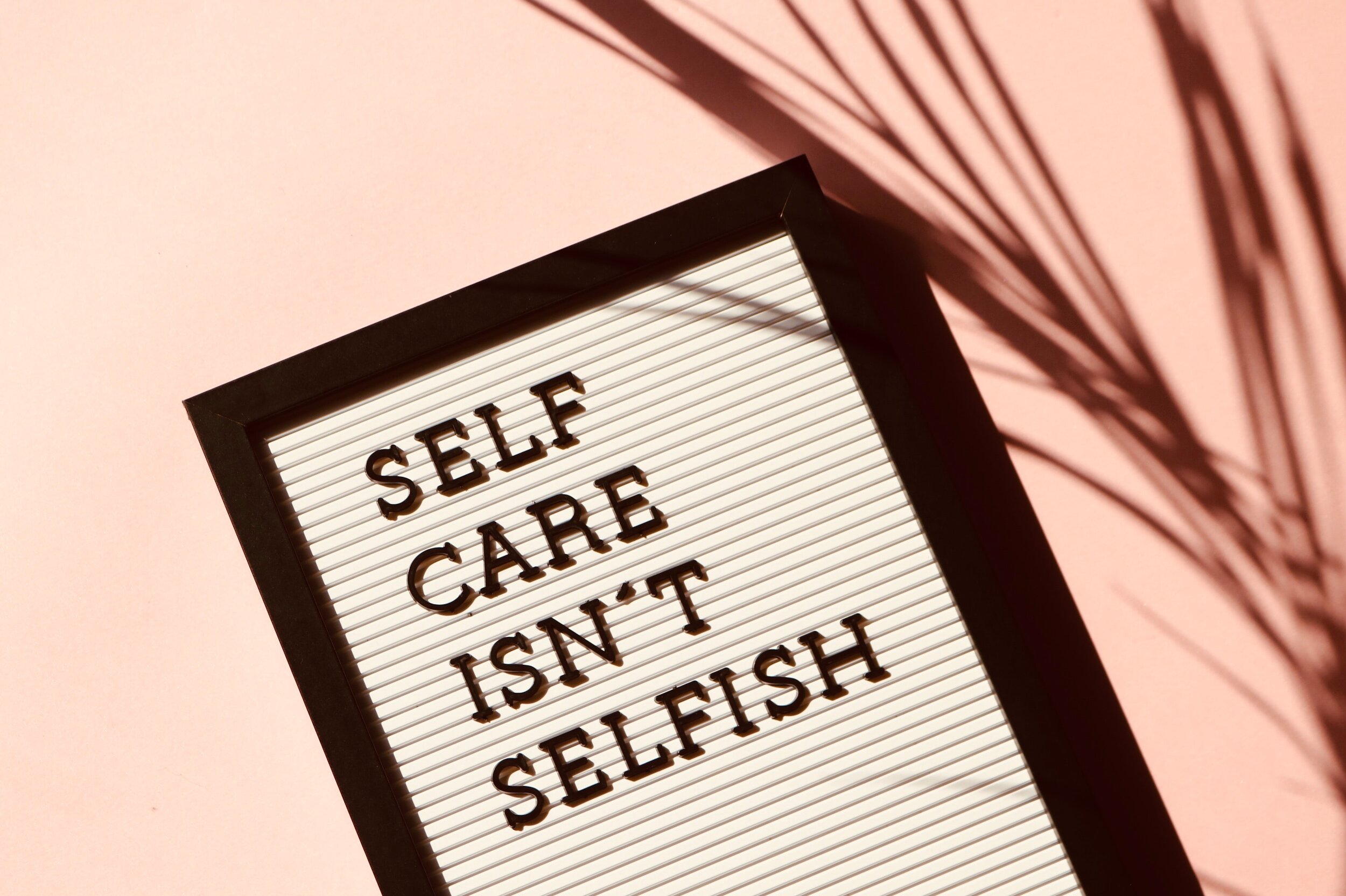I was a high school senior deciding between college in my home town or 5 hours away. I meticulously weighed the pros and cons and spun up scenarios of different directions my life might take if I didn’t choose the exact right university. The back and forth had a deadline and I eventually decided to leave my home town. Five years later, I was 1 year into a job, married, and moving forward in life when it hit me...it didn’t really matter which school I chose. Either way, I would have chosen the same career path, likely married the same person (since he was a childhood friend), and my life would have been good. Some things would have been different, but it all would have turned out okay.
Do you ever find yourself immobilized in decision making because you fear regret? Maybe you feel that every decision needs to be made perfectly in order for your life to progress well. Fear of regret can make it hard to choose a school, take a job, commit to a relationship, make a move, or plan a trip. Worrying that every decision might be the wrong decision can keep you from enjoying your life and creates a stuck feeling of anxiety. What if there was a way to flip the script in your head about every decision being a chance for failure and regret? What if every decision is an opportunity to live and learn, to grow and become wiser?
I talk with hundreds of humans each year about various life decisions. Over time, I have observed and embraced the reality that most decisions don’t have one right path. Most decisions have some flexibility and you could choose one of various options and still experience a positive outcome. Of course there are poor, unwise decisions and we all want to avoid those. But outside of that, most decisions aren’t permanent, can be adjusted if needed, and produce growth and learning. It’s possible to define a life well lived as one characterized by growth and learning rather than by a list of specific accomplishments. So, how do you shift from a regret avoidance approach to a living and learning approach to life?
5 Ways to Shift from Regret Avoidance to Living and Learning
1. Identify the decision at hand and notice any fear of regret thoughts surfacing in your mind and body. Name the fear of regret to yourself and gently release the thought rather than obsessing about worst case scenarios.
2. Brainstorm decision options. Notice that most of the time, multiple healthy decision options exist. Narrow your brainstorm down to the top 2 or 3 decision options that seemwise and in line with your values.
3. Remember your decision history. Remind yourself of times when decisions have been flexible and could be adjusted over time. Remind yourself of times when decisions have produced growth and learning that resulted in positive change in your life. Remindyourself of times when even decisions you would make differently now taught you something important you might not otherwise have learned. Try journaling using theabove reminders as prompts.
4. Watch for life’s lessons. As you make decisions, watch for opportunities to learn, to pivot, to embrace a new skill or character quality. When something doesn’t go like you planned, reach for the learning, notice the discomfort, then be open to growing. Our greatest times of personal growth tend to result from unexpected and hard circumstances.
5. Embrace the resulting freedom from letting go of fear of regret. Lean into the joy of knowing the vast majority of your decisions are able to shape you into a more mature and whole person if you don’t resist the process. Try creating an internal message like,“I’m going to make a wise decision based on the information I currently have. I will make adjustments as needed. I will embrace all the growth and learning from the decision I’m making and choose not to regret it.” It’s okay if regret emerges from time to time. Gently dismiss it and move forward with your new approach.
Stephenie is a Licensed Clinical Social Worker with 20 years experience specializing in emotional/relational health counseling. Stephenie loves hearing others’ stories and helping people find new perspective that produces peace, healing, and connection through individual counseling. Stephenie provides treatment for adults, teenagers, and families with anxiety symptoms, parenting struggles, teen issues, depression, grief, divorce, and other life transitions. Realizing your life is out of balance and ready to schedule your initial counseling session? Connect here for information about counseling Stephenie provides and get your initial therapy session scheduled.





















